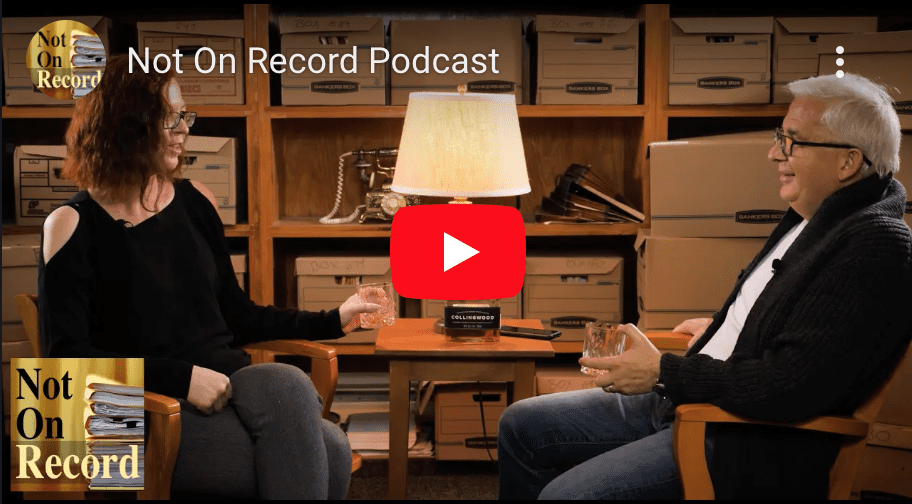In previous posts we have written about changes activists have sought related to law enforcement’s practice of carding, in Toronto. In response, this past fall a draft regulation which is supposed to prohibit the arbitrary and random collection of identifying information by law enforcement officer, was released by Ontario’s Ministry of Community Safety and Correctional Services. While their efforts were successful, some are concerned about how police officers would be able to get around the proposed rule regarding the matter. Specifically, a coalition of groups against carding believes that there are many loopholes in the proposed legislation that would result in few changes to the practice.
These holes include the exemption of many situations such as when an officer investigates a particular offence or when the person being questioned is required under the law to provide the information sought to a police officer.
In response, the coalition, which is made up of a variety of groups including the Canadian Civil Liberties Association, the African Canadian Legal Clinic and Ontario Human Rights Commission, drafted a response to the proposed regulations. In the response they focused on a variety of topics including:
- The narrow scope of the regulation
- The arbitrary definition of the word arbitrary
- The issue of informing individuals about only some of their rights
- Problems with record-keeping
- How the information will be sorted and used in the future
How the response will be received remains to be seen. If it is not taken seriously it is possible that little could change in the realm of the practice of carding. We will provide more information on the topic when it becomes available.





